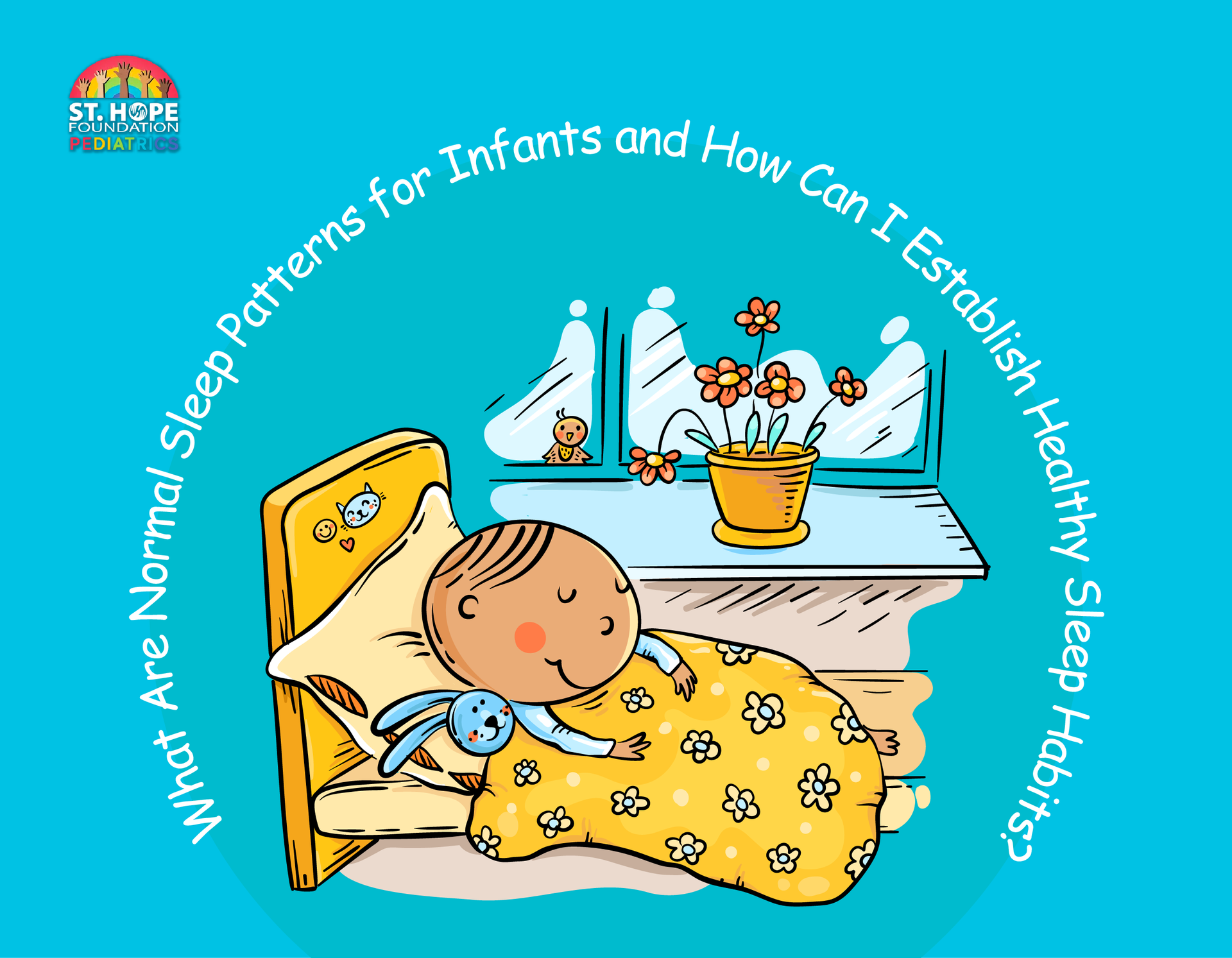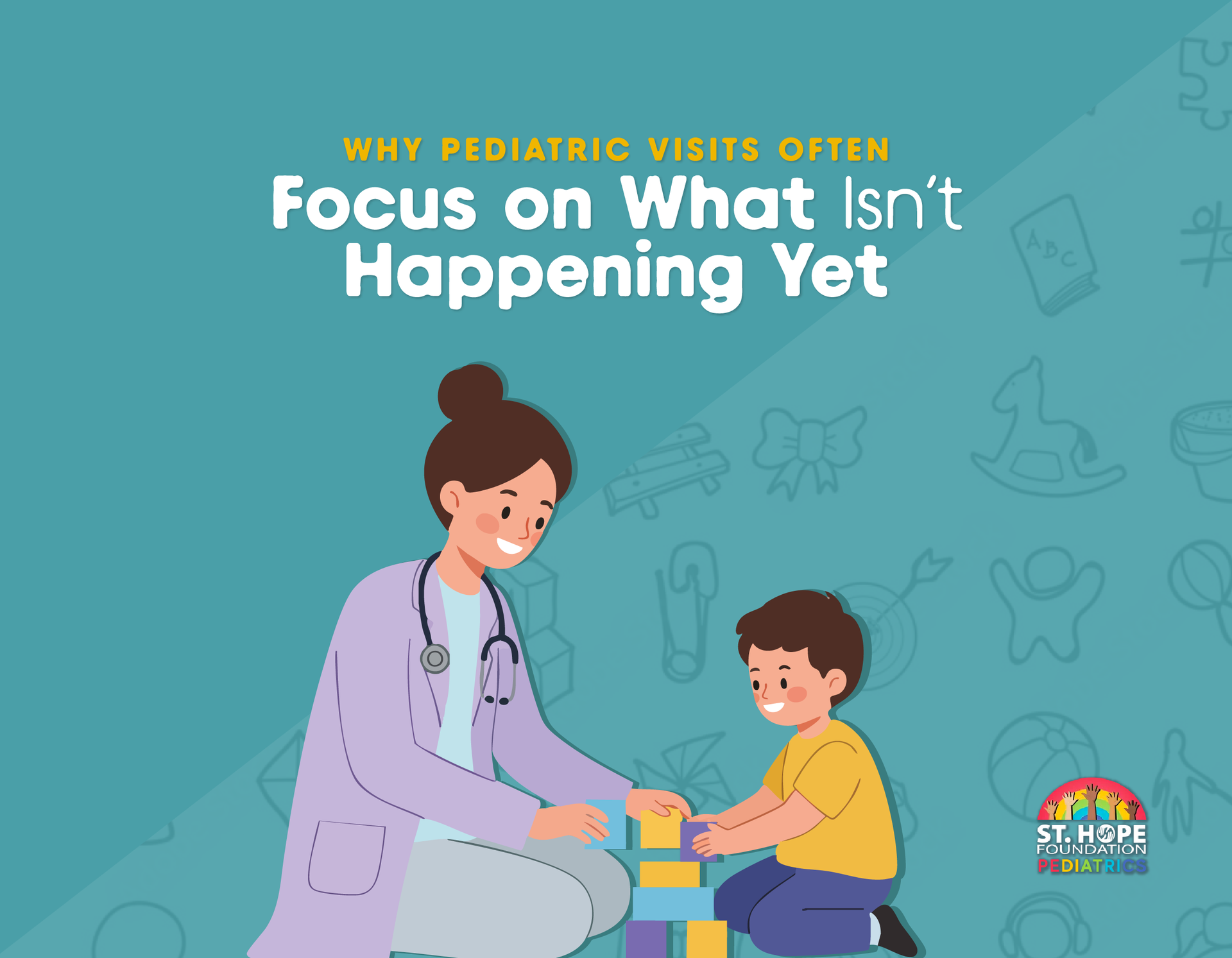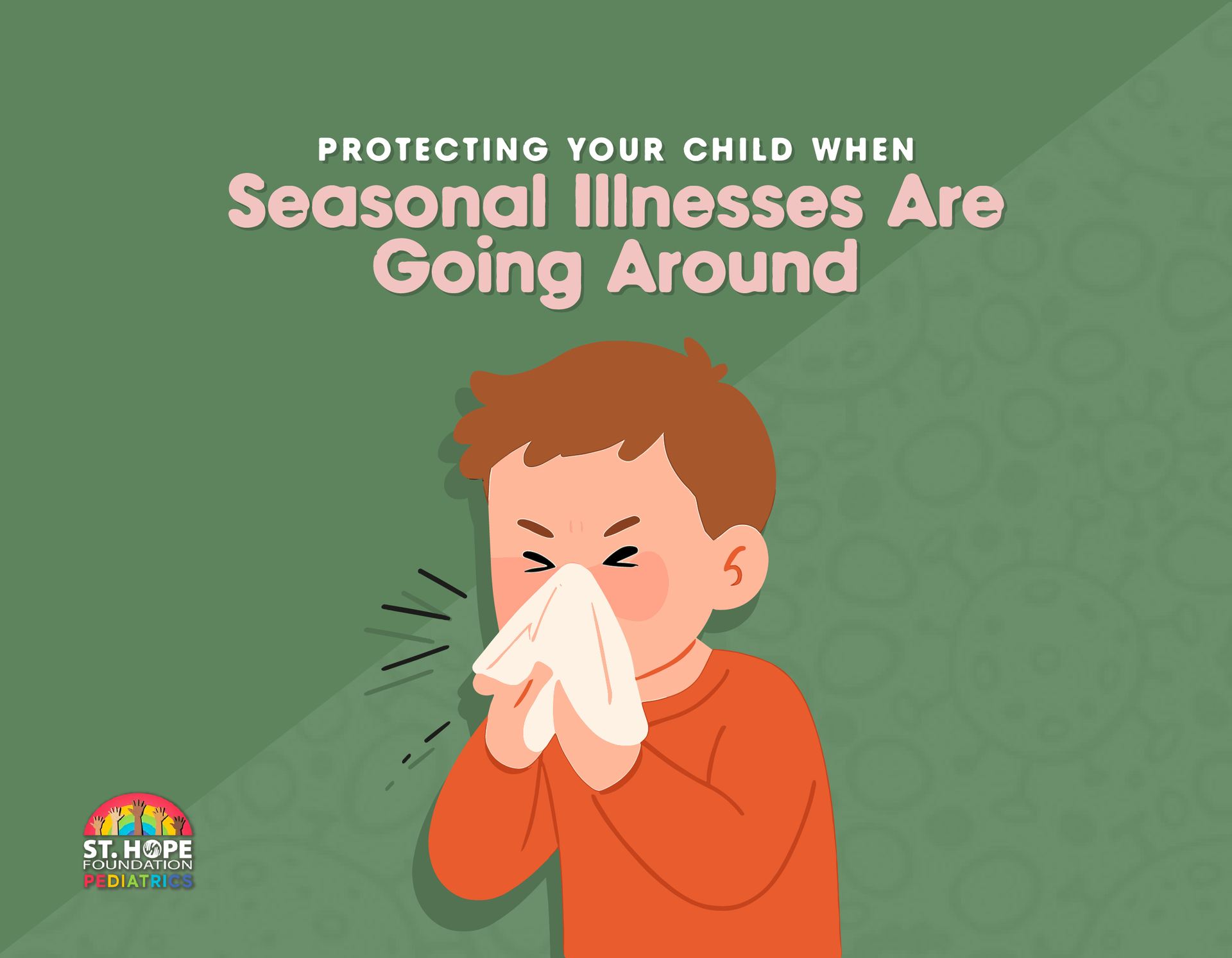
Sleep is a vital part of an infant’s growth and development, yet it’s often a source of concern for parents. While every baby is unique, knowing what to expect from sleep at various stages can help you set realistic expectations and establish routines that promote better sleep.
Infant Sleep Patterns by Age
Newborns (Zero to Three Months)
During the first three months, newborns usually sleep 14 to 17 hours per day, divided into shorter bursts rather than long stretches. They cycle between light and deep sleep every 50 minutes or so, which means they tend to wake up often, usually every two to three hours. This frequent waking is completely normal, as newborns need to feed frequently, whether breastfed or bottle-fed, to support their rapid growth.
Infants (Three to Six Months)
At around three months, many babies start to consolidate sleep, often managing a longer stretch of four to five hours at night. Babies in this age range typically sleep 12 to 15 hours in a 24-hour period, with longer nighttime sleep and three to four naps during the day.
Older Infants (Six to 12 Months)
Between six months and a year, infants generally need around 11 to 14 hours of sleep, often with a more defined nighttime stretch and fewer daytime naps. Babies at this stage may sleep six to eight hours consecutively at night, with the possibility of waking for feeding, depending on their growth needs.
Establishing Healthy Sleep Habits
Create a Calming Bedtime Routine
A predictable bedtime routine can signal to your baby that it’s time to wind down for sleep. Activities like a warm bath, gentle rocking, a lullaby or a short story can help your baby relax. Consistency is key here—try to keep the routine at the same time and in the same order every night.
Put Baby to Bed While Drowsy, Not Fully Asleep
Learning to fall asleep independently is an essential skill for babies. Rather than waiting until your baby is fully asleep, put them down in their crib when they are drowsy. This helps them associate their sleep space with falling asleep, making it easier for them to drift off on their own when they wake in the night.
Establish a Consistent Sleep Environment
A consistent sleep environment that is quiet, dark and at a comfortable temperature can help your baby sleep better. Using a white noise machine can drown out background noise, creating a soothing environment. Try to reserve the crib for sleep to reinforce the association between the crib and sleeping.
Encourage Daytime Naps
A well-rested baby during the day is often a better sleeper at night. Although it may seem counterintuitive, sleep begets sleep in infants. Regular daytime naps, as appropriate for their age, can help prevent overtiredness, which can make it harder for them to settle down at night.
Watch for Sleep Cues
Babies often give signals when they’re getting tired. These cues can include rubbing their eyes, yawning, fussiness or reduced activity. Catching these signs and putting them down for a nap or bedtime can prevent them from becoming overtired, which can make it harder for them to fall asleep.
Gradually Develop a Set Sleep Schedule
As your baby grows, a regular sleep schedule can become beneficial. This can include set times for naps and bedtime to help their body adjust to a routine. For infants, this routine doesn’t have to be rigid, but generally aiming for the same sleep and wake times can support consistent sleep patterns.
Common Challenges and Tips for Adjusting
- Night Waking: It’s normal for babies to waken during the night, especially for feedings in the early months. However, if your baby is waking out of habit rather than hunger, try offering comfort without picking them up, such as gently patting them.
- Sleep Regressions: Around four months and again at six months, many babies experience sleep regressions where they wake up more frequently. This is often due to developmental milestones. If this happens, stick to your routine as best as possible, and know that regressions are usually temporary.
- Feeding and Sleep Association: Many infants associate feeding with sleep, which can lead to frequent night wakings to nurse or bottle-feed back to sleep. If you’d like to wean off this association, try gradually separating feeding from sleep by feeding slightly earlier in your routine.
We Provide Guidance and Support for Your Baby’s Sleep Health in Houston
Our Houston pediatricians at St. Hope Pediatrics can answer your questions about sleep patterns, troubleshoot any challenges and provide personalized advice to support healthy sleep habits for your baby.
Contact us on our website or give us a call at (713) 778-1300 to learn more about how we can help make sleep easier for you and your child.













